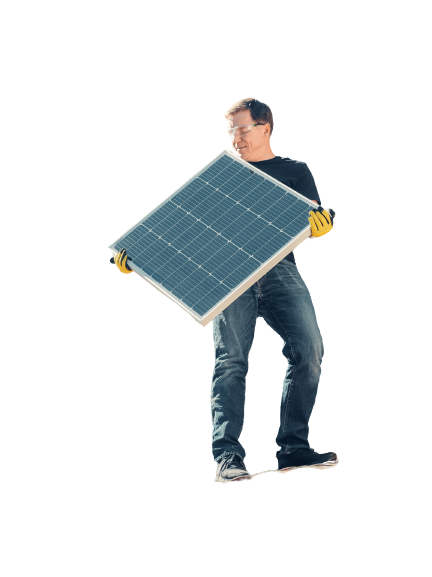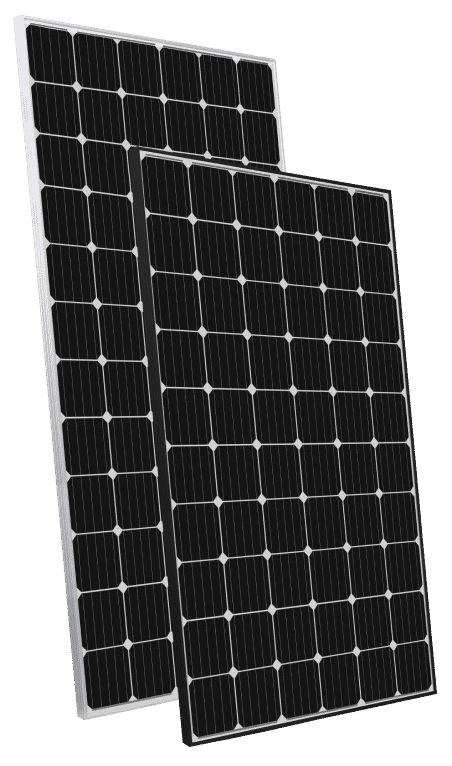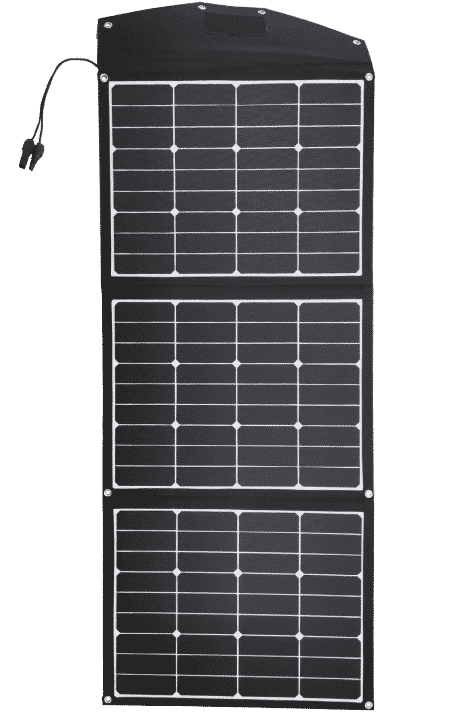Home Battery System, Home Battery Backup Power, Home Battery Solution, House Battery Installation

Home Battery System
People are increasingly interested in going off-grid and storing excess solar energy in order to increase their self-consumption to become more energy-independent. This is thanks to the huge advancements in battery technology. The rapid advancement of technology has created confusion about what is possible and which battery system would be best for each household. Prices can vary depending on how much energy is stored (measured in kWh) or the type of inverter needed.
What is the Cost of a Home Battery System?
Cost of home battery systems varies depending on their size (or capacity), measured in kilowatt hours (kWh) as well as the brand of hybrid or solar inverter used. The average household battery costs $4000 for a small 4kWh or larger battery and $15,000 for a large 13kWh one, depending on what type of battery is used, where it’s installed, how much backup power is required, and which inverter they are using. Although costs have been decreasing slowly, they are not dropping as fast as people would like.
An average home with three bedrooms uses approximately 20kWh per day. Some of that energy can be used during the day, and could be powered directly by solar. A 10kWh battery of moderate size would be sufficient to last for the night and day. Every household is unique and each household’s usage patterns may vary. A smaller battery of 5-6 kWh may be more suitable for those who are more conscious about energy and make use of efficient appliances. It will also give enough power to run basic loads like lighting and computers.
Home Battery Backup Power
If there is a power outage that lasts for a prolonged period, you will need to have backup power from a battery backup unit or system.
Either you can keep the lights on for a few hours using an air-cooled home generator powered by propane or gasoline, or you can buy a more powerful liquid-cooled generator to keep them going for longer.
If power outages are a regular occurrence in your area, you may want to install a set backup battery to provide electricity for when you are disconnected from the grid.
These battery storage systems can be made up of either dry or wet batteries. Dry batteries can be used in mobile devices with lithium-ion batteries or in solar backup systems that use lithium ferro phosphate batteries. They are not designed to be used in extreme temperatures or low temperatures. Some will even stop working if it is below freezing.
To generate electricity, wet cells use liquid electrolytes. Lead-acid batteries are made up of lead plates that are immersed in an electrolyte containing sulphuric acids — or acid batteries. Gel can also be found in batteries. Gel battery, a type of acid lead battery that falls under the category of valve-regulated lead acid. To make gel, the electrolyte acid and a type of silica are combined. The gel won’t leak even if it falls over.
Some batteries have also absorbed glass matting (AGM), which is used to keep the electrolyte in direct contact with the plates. AGM batteries can experience power loss in extremely cold environments.
A solar panel system can be connected to your energy storage system for an almost endless supply of power. Solar power will charge your battery backup system, allowing you to have an ongoing supply of solar energy.
You can charge your home’s battery with solar batteries also known as photovoltaic (solar PV) systems. You can charge your home battery system with renewable energy by purchasing a set of 13.4KWh Tesla Powerwalls.
Home Battery Solution
Solar Energy Storage Batteries
Solar-plus-storage is the combination of solar panels and solar batteries to store excess electricity. This has made home solar systems more efficient. Installing solar modules today will allow you to store the excess energy generated by the system in a bank of solar batteries. This increases the efficiency of your power-generating system.
Home solar systems that are installed by customers who are already part of an energy utility grid are the majority. These systems are known as grid-tied home systems.
A grid-tied solar system, if possible, is recommended for energy security and cost savings to you, as the end-user. This will ensure that your home is able to draw the energy it needs from the storage batteries even in bad weather or power outages.
A home system that includes a solar battery bank can also have financial benefits. The system generates excess electricity on sunny days that you can send to the traditional utility grid for credits. You can then redeem credits you have accumulated by using excess solar power you previously stored.
The homeowner’s expense sheet for a solar system that is backed by solar batteries and connected to the grid is more balanced than the one purchased from the utility grid.
What is the composition of solar energy storage batteries?
Lithium-Ion
Lithium-ion is a time-tested, reliable standard material for making solar batteries. Lithium-ion batteries have been used for decades in various applications, from car batteries to small cells that keep your wrist watch ticking, to solar batteries.
Over the years, the lithium-ion industry is a mature one. The improved life span and portability of lithium-ion batteries are two key factors. However, the costs of lithium solar batteries can be quite high.
Nevada Solar Group, reliable producer of solar panels for homes has a lithium-ion battery on their shelves, whether they are market leaders.
Lead Acid
Lead-acid is another well-tested type of battery. Lead-acid batteries are cheaper than other types of batteries. Customers who want to live completely off the grid love lead-acid solar batteries. These batteries are very affordable and can be stacked to create a large amount of electricity storage for later use.
The low cost of these batteries is offset by their short lifespan. You might end up disposing of many lead-acid batteries within a short time span.
Saltwater
The only environmentally-friendly solar battery available is the saltwater one. These batteries are part of a new wave in technological innovation that is affecting residential solar markets.
The electronics use a saltwater battery to store electricity. It can be used for storage later on. Because they contain no heavy metals, these battery packs are ideal for recycling.
Nevada Solar Group was able to successfully emerge from bankruptcy the following year, so the future looks bright. Since then, it has initiated phase 2 of its research and development.

What are the advantages of solar battery storage?
These are the main reasons to get a solar battery for home:
Your electricity bill can be reduced. You can save money by being smart about how you use your electricity. If you are on an Economy 7 time of use tariff, you could be charging for cheap overnight electricity while using your battery at the cost-intensive hours.
You can get paid for energy that you don’t consume. You could get paid for excess renewable electricity generated and exported to the grid by installing solar panels or a solar battery under the new Smart Export Guarantee (SEG).
Reduce your carbon footprint. Installing energy storage will help you contribute to a Net Zero future by generating and using renewable electricity.
Home Battery Installation
Here are some things you should consider before buying a solar battery for home.
- To check if your home is generating enough electricity, The Nevada Solar Group solar calculator can help you determine if a solar PV system would be a good fit for your home.
- Are you looking for power backup in case of power outages? You should verify that the battery/solar PV system you are looking at is functional during a power cut. Not all systems do.
- We make sure that our installers are registered to the Renewable Energy Consumer Code (RECC). So that you have protection in the event of an unexpected outcome and access to their complaints procedure.
- Your home should be as energy efficient as possible. You can make your home more energy efficient by draught-proofing and insulation.


Do I need to buy a new battery?
If you have considered all of the above points and have the funds to do so, why not? In the coming years, it is expected that solar PV systems will include batteries as standard. With rising energy prices, more people are opting to be independent. Mass production is reducing the cost of batteries, so even if you don’t have the means to buy one right now, you may be able to within the next few years.
Home Solar Battery System Company
Calculator for solar and battery costs
The free solar and batteries calculator below can be used to calculate the optimal size solar system and battery system for your home or business. To ensure that you have enough solar energy for winter, you’ll want to consider the shorter winter months.
Are you interested in having a battery storage unit installed in your home? We’ve scoured the country to find the best tradespeople so we can only recommend the people we trust.
We will connect you with Nevada Solar Group’s best local installer who can install your battery storage system.


Contact Us For A Free Solar Quote
First name is required
Last name is required
Email is required
Phone is required
Please enter a valid property address
Property address is required
Schedule Your Appointment
ATTACH YOUR UTILITY BILL (optional)
Some information is missing or is incorrect, please fix the issues above and resubmit.
Thank you for your request
Your appointment has been added to our calendar.
The consultation will be online or over the phone. Please prepare a copy of your electric bill or energy usage history for your consultant to give you the most accurate proposal.